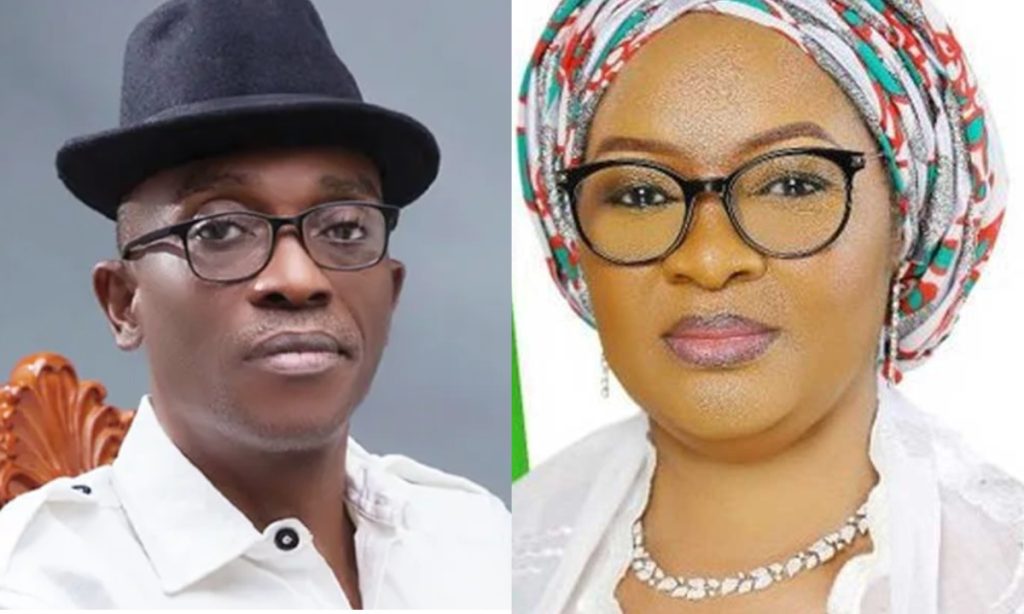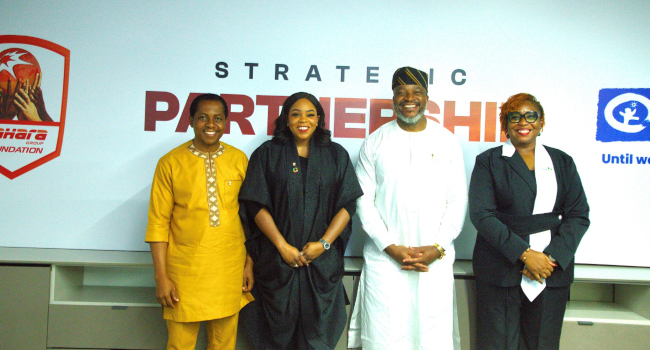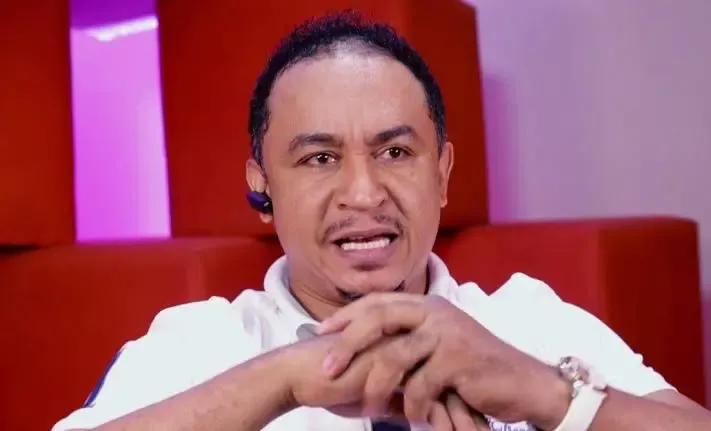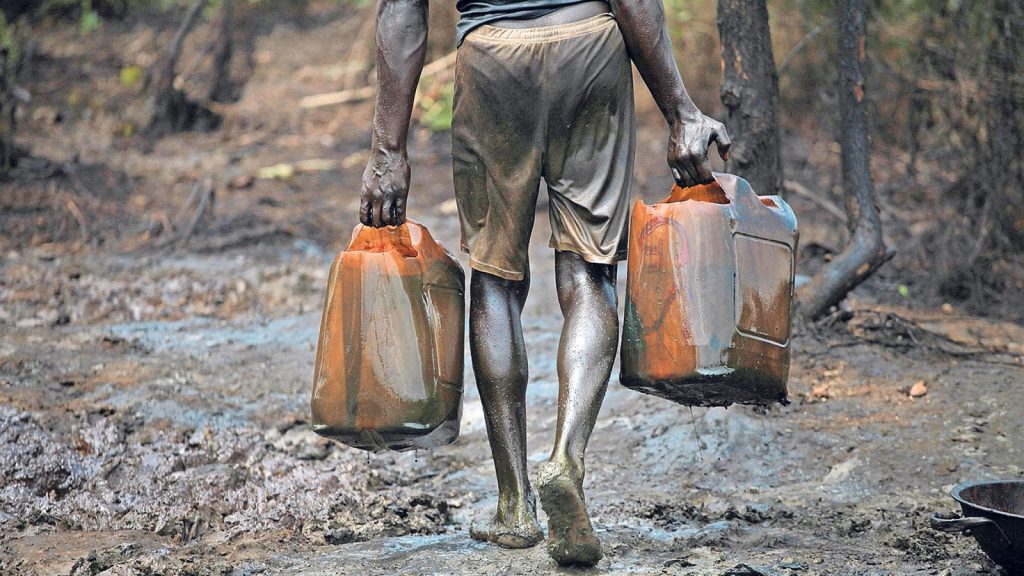In the lead-up to the 2023 Africa Cup of Nations (AFCON), the enthusiasm among Nigerians was lukewarm at best, but all that changed with the confirmed live television coverage of the tournament. Within 24 hours, both the Nigerian Television Authority (NTA) and DSTV, the owners of GoTV, announced that they would be broadcasting all 52 fixtures. This decision was pivotal, considering the challenges of accessing alternative satellite services or high-volume internet for streaming in the current economic climate.
Steve Dede, the immediate past Sports Editor at Pulse, noted, “The absence of AFCON on DSTV would have represented a significant setback for the tournament’s viewership,” emphasizing the crucial role of DSTV in football viewership. Prior to the announcements, Dede had underlined the potential dampening of excitement due to low awareness and limited promotion of the event.
As the stage is set for AFCON, discussions surrounding the tournament’s timing persist, particularly regarding the tensions between clubs and national teams when it comes to player invitations. The ongoing debate around the best timing for the tournament was exemplified by the case of Manchester United goalkeeper, Andre Onana, who was set to start in a Premier League fixture right before AFCON.
Former Cameroon defender, Sebastien Bassong, expressed his concerns about the negative message sent by club-versus-country conflicts, highlighting the need to prioritize national and continental pride over individual interests. Similarly, Angola striker M’Bala Nzola’s rejection of an AFCON invitation in favor of focusing on his club career in Italy drew attention to the challenges of balancing club and national commitments.
Dede stressed the importance of flexibility in CAF’s scheduling, advocating for a balance between organizational priorities and the well-being of African football. He pointed out the need to consider favorable weather conditions and the preferences of host countries, emphasizing that ideal timing would enhance the experience for players and fans alike.
Despite the complexities, CAF has reinforced AFCON’s appeal by increasing the prize money for the 2023 edition, reflecting the competition’s growing financial significance. With defending champions Senegal, World Cup semi-finalists Morocco, record winners Egypt, and traditional powerhouses Nigeria, Algeria, and Ghana in contention, AFCON promises to showcase the best of African football. It’s not just about the big names; the involvement of teams like 2012 winners Zambia and 2013 finalists Burkina Faso hints at the potential for upsets and underdog triumphs in this edition.
As the opening whistle draws near, AFCON 2023 heralds a celebration of the continent’s football prowess and enduring spirit.



